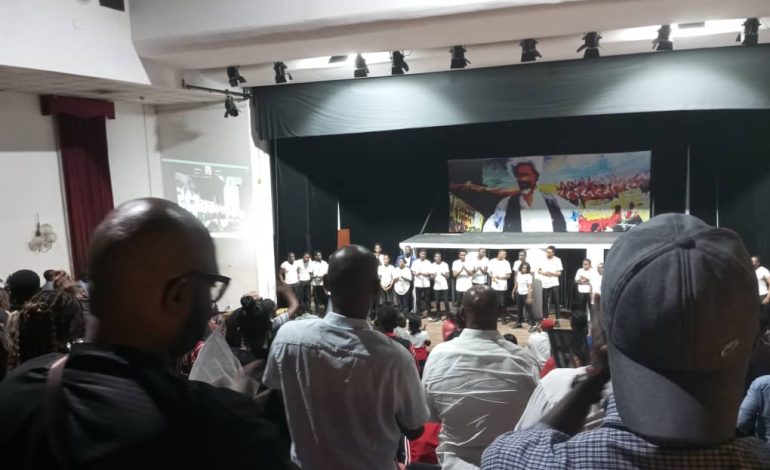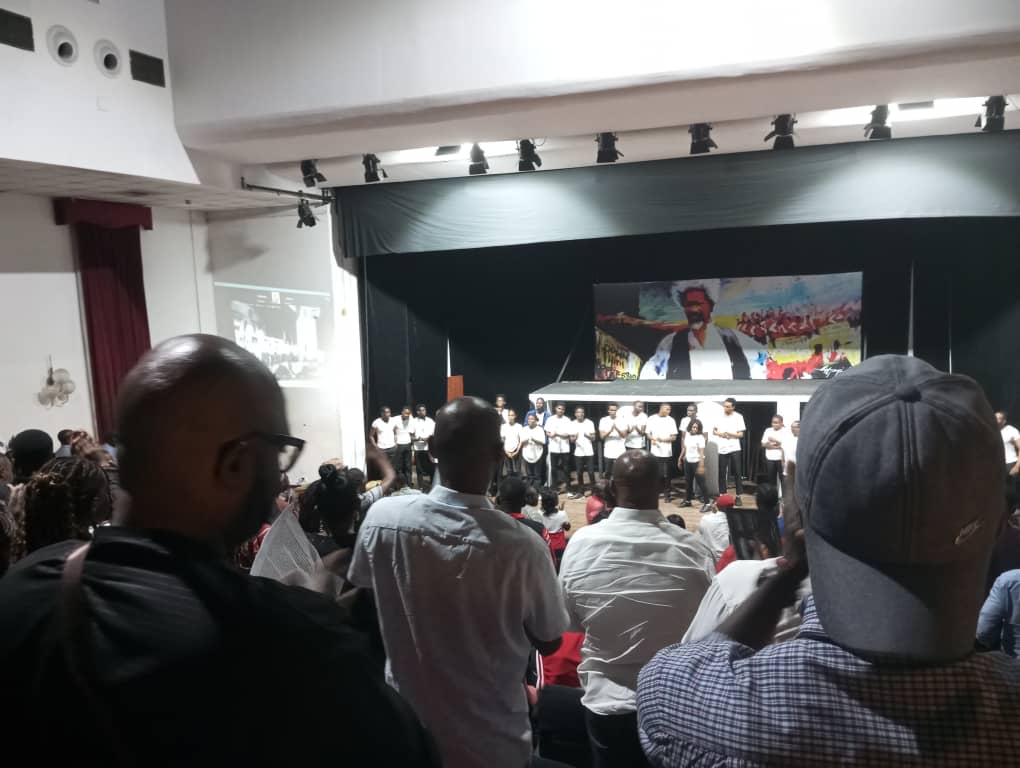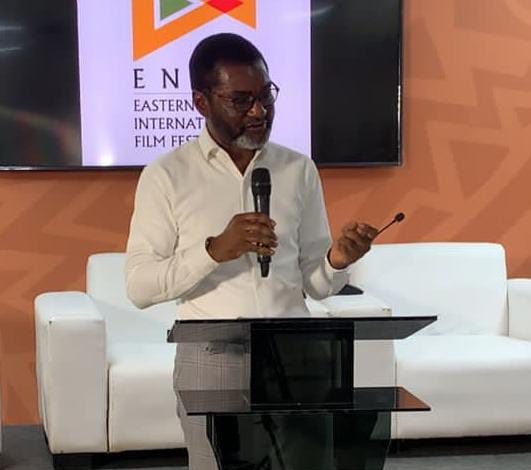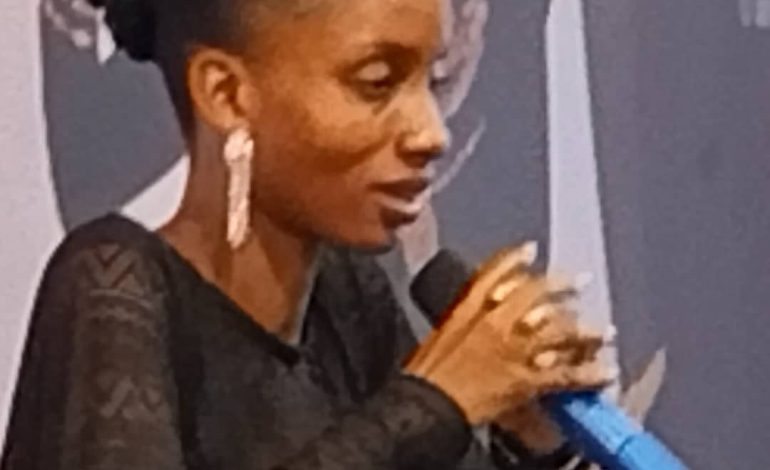Soyinka declares departure from prose fiction writing

By Yinka Adetu
THE evening of Saturday, November 18, 2023 marked a significant event as the National Association of Seadogs hosted an author spotlight and stage performance featuring Wole Soyinka’s latest short play, Wheels of Justice, in celebration of the association’s 70th anniversary. The Nobel laureate was engaged in discussions spanning arts, culture, politics, and the roles of individuals and writers within these realms. The conversation traversed a diverse spectrum of issues, including the transformative role of art and its intersection with science. At one juncture, Soyinka passionately encouraged the youth to forge their visions for society and explore the influences of technology. Amidst these discussions, what was particularly intriguing was the playwright’s revelation that he may no longer continue venturing into novel writing. Chronicles from the Land of the Happiest People on Earth is his latest novel published in 2021.
While expressing this perspective, the Nobel laureate stated, “It’s very laborious, tasking in a sense and far more technical based on the fact that you want to faithfully follow your characters wherever they lead. The process requires a substantial amount of energy.”
This declaration sheds light on Soyinka’s inclination towards more manageable literary forms, emphasizing the challenges and energy-intensive nature of novel writing. As a luminary figure in literature, his decision holds weight and prompts reflection on the evolving nature of his creative pursuits. The playwright drew comparisons between the demands of writing prose fiction and drama and asserted that the latter requires less energy. Unlike novels, dramas have a perpetual quality, never reaching a definitive conclusion. On the level of imagination, the novel is only limited by its inability to manifest on stage. Once a novel is completed, he notes, it is concluded; whereas in drama, one can continually invent, reinvent, and recreate to accommodate various forms and address diverse social issues.
To substantiate his decision, Soyinka underscored how drama enables him to accentuate the themes that permeate his work more effectively than prose fiction. He highlights that the enduring themes in his body of work—political oppression, human rights, and the pursuit of freedom and justice—remain constant. In drama, he finds it effortless to reinvent and recreate these themes, providing a continuous avenue for exploring and interrogating new social issues.

Wole Soyinka in background screen as his proteges, National Association of Seadogs, pay tribute
The latest drama by the playwright, Wheels of Justice, is a satirical masterpiece deeply rooted in Soyinka’s dramaturgy and comic style. Brimming with humor, wit, and enchantment, the play traverses time to unveil the socio-political reality of Nigeria in its postcolonial, post-independence era. Soyinka’s satire fearlessly targets all branches of government, scrutinizing the political, the electorate, legal, judicial, legislative realms, and the masses themselves.
This work stands as a remarkable dramatic piece, meticulously examining the persistent challenges in Nigerian society spanning over six decades. Soyinka employs the tool of memory to journey back into history, revealing the origins and motivations behind his initiation of the Pirates confraternity during his teenage years at the University of Ibadan to shed light on the issues of acculturation and European dogmatism prevalent during that time. Wheels of Justice delves into the essence of the Pirate confraternity, portraying it as a movement intended to critique the excesses of those on the brink of political power. Through the vibrant elements of pirate songs, performances, slogans, and slangs, Soyinka breathes life into the play, showcasing himself as a dramatist with an apolitical stance. The themes explored in his work vividly illustrate his personality and unwavering commitment to standing against human oppression and societal misgovernance.
As Soyinka contemplates stepping away from utilizing the novel as his chosen medium for conveying views, it foretells a future enriched with more of his compelling drama. Each time his work graces the stage, it consistently exceeds expectations. Wheels of Justice, showcased at the National Association of Seadogs’ 70th anniversary, stands as a testament to this. Directed by Tunde Awosanmi, whose artistic direction infuses the play with eternal life and fiery brilliance, Soyinka’s dramatic legacy continues to captivate diverse audiences. The performance is available at:
https://www.youtube.com/live/4f1AlUSyyMM?si=IW1KRkPFnigiuJOM
* Adetu, a graduate student of English & Literature at Lagos State University, Ojo, Lagos, is researching African and African Diaspora Studies, Anglophone Postcolonial Studies and African and Migrant Literary/Cultural Studies



